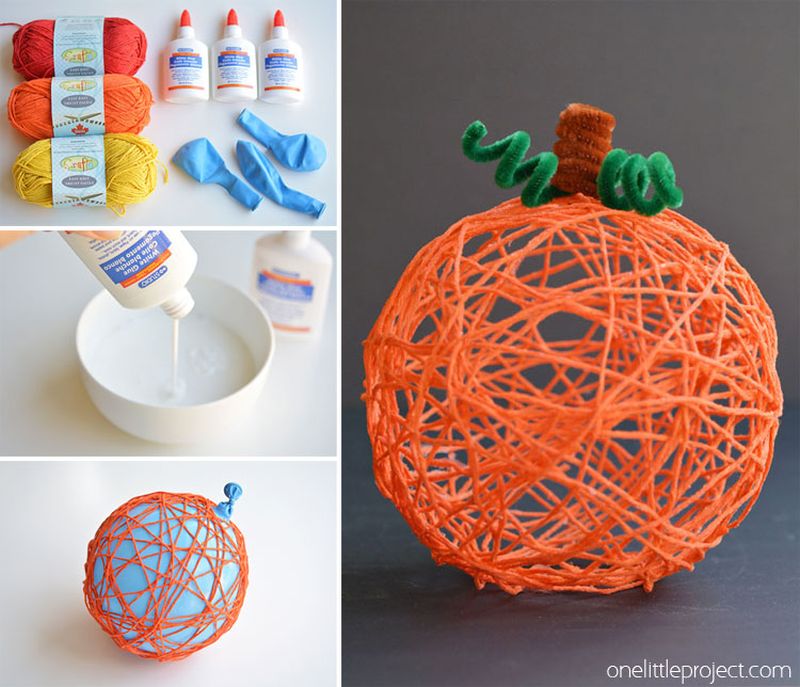
The right knitting tools can make knitting more enjoyable. Knitting needs yarn and needles. The tools used to knit are equally important as the yarn. Choosing the right knitting tools can make knitting easier for the novice knitter, and help the expert knitter produce expert results.
Knitting needles are available in many sizes and shapes. You can experiment with different types to find which one suits your knitting style best. For faster knitting, wooden needles provide a better grip and more friction than metal needles. Metal needles can be slippery and cause stitches to slip.
Knitting thimbles work well for those who knit with a fine yarn or thin yarn. They help to organize yarns, and keep them from getting too tangled. Double-ended crochet hooks can also be used to pick up dropped stitches.

Knitting scissors is a vital tool for any knitter. To cut yarn for your projects, it is important to have sharp scissors. They can also be used as a snipper to cut ends. There are many options for knitting scissors, some with special grips. For cutting yarn, small embroidery scissors work best. Locking stitch markers can be used to mark increases and divisions in your patterns.
If you have a pattern that calls for a certain number of rows, you'll need a row counter to keep track of how many rows you're working. There are two types. One is a bar-style, which you attach to the end or straight needle. The other is a rainbow-style counter attached to a ring. If you want to track how many rows your yarn is being used, the bar-style counter can be helpful. You can also find a row counter with a handle that lets you pull it off of the needle.
You'll also need a measuring tape. A measuring tape can be used to measure the length of your knitted fabric, the number of stitches on a particular needle, or even your body size. A stitch holder will keep your stitches safe from being dropped off your needles. A stitch holder is a large safety-pin-style needle that holds the stitches until you are ready. These are great for making knitting gloves and sleeves.
For more complex knitting projects, you may also want to purchase a ball winder. This tool will convert a hank to compact, pull-through balls. A yarn swift works well with the ball-winder. A ball-winder is a wonderful tool for knitting yarn hanks. It can also be used for creating intricate color patterns and stripes.

Another tool you'll need is a gauge swatch ruler. This little square ruler is a great way to measure how many stitches you'll need to knit. There are also digital scales that can be used when you're knitting with partial skeins of yarn.
FAQ
Where can I find free resources to learn more about hobbies?
Many websites are dedicated to helping people find new hobbies.
Here are some of our favorites:
www.trythisathome.com - This site provides a list of over 100 different hobbies. You can also find information about how to start each hobby.
www.hobbyfinders.org -- This site provides a searchable database of thousands upon thousands of hobbies that you can browse by skill level, location and interest.
www.indiebazaar.co.uk - IndieBazaar is an online marketplace designed specifically for independent artists and musicians. You will find hundreds of products that range from artwork to music gear on the site.
www.pinterest.com/explore/hobbies - Pinterest is a social media network that lets users "pin" images they find interesting onto their boards. Users can create boards to group things that they like into certain categories.
www.reddit.com/r/Hobbies Reddit enables users to post links and articles, as well as videos, on other social media platforms like Facebook. Voting lets users vote for which posts are the most valuable.
What are some great hobbies for seniors?
Senior citizens need to find things they like doing. Senior citizens should keep active through participation in physical and sports activities.
They may want to join clubs that allow them to meet others with similar interests. They will feel less lonely as their age.
Seniors should also keep up with the latest trends. They could be interested in fashion, art, music and literature.
What is the cost of a hobby?
Time is all that's required to make a hobby a success. It can take many years to accomplish what you desire if you are serious about it.
But there is one thing you can do to help yourself. It's called passion. If you feel passionate about your chosen field, you'll find it easier to put in the work required to achieve your goals.
And once you start putting in those hours, you may find that you become addicted to the activity. And this is where the real fun begins! Because you are enjoying what you are doing and are constantly improving. So by the end of the year, you will probably have made quite an improvement.
Don't be too concerned about how long it takes. You can just try it. You might just surprise yourself!
What types of hobbies are suitable for introverts?
Introverts can focus on only one thing at a given time. They prefer solitude, such as reading, writing music, or watching movies.
They also enjoy spending quiet time alone. They are not social creatures and don't want to be around people all day. They can even become bored when they're surrounded by people.
This is why introverts often choose hobbies that require them to be alone. Introverts may love reading books, listening and/or playing music, or painting, drawing, writing poetry and taking photographs.
Some introverts will even live alone. They are able to concentrate on their hobby while not being distracted by other activities.
Is it possible to become rich from a hobby?
Not necessarily.
You could be wealthy if you have a passion for starting your own business.
For example, let's say you're a fan of cooking. You love healthy food so you open a new restaurant.
You only prepare organic meals from scratch. To cover the labor and ingredients costs, you will charge your customers a small service fee.
You can grow your clientele over time and eventually hire employees who will work alongside you.
You will eventually be able to expand your menu with vegan options and gluten-free choices, as well as desserts.
In this situation, you have a successful business which has allowed you the freedom to lead the lifestyle that you want.
Of course, this doesn't mean you must give up your day job.
You could also run your restaurant, while still maintaining your 9-5 job.
Statistics
- In comparison, men in the “no humor” condition were refused 84.6% of the time and were only accepted 15.4% of the time. (time.com)
- A new survey by Pew Research Center of teens ages 13 to 17 finds that 36% of girls feel tense or nervous about their day every day; 23% of boys say the same. (pewresearch.org)
- Almost 80% of people claim to have no hobby. (hobbylark.com)
- Much of this decline reflects the fact that teens are less likely to work today than in the past; among employed teens, the amount of time spent working is not much different now than it was around 2005. (pewresearch.org)
- Studies show that just six minutes of reading can reduce stress levels by 60 percent. (oberlo.com)
External Links
How To
How to learn a music instrument
There are many different ways to learn how music is played. There are many options. You can go to school, purchase a book, learn from an instructor, or watch videos online. Here are some tricks and tips to help you find your way.
-
Find something that interests you. If you don’t like any of these instruments, you can always try another. It's difficult to take up a hobby if you don’t love playing the instrument.
-
Be patient. It takes time to learn anything new. It is unrealistic to expect to know everything instantly. Keep practicing each day.
-
Practice regularly. This can be done even when you are tired. This will ensure that you won't forget what you learned.
-
Pick a place where you can practice. The ideal place to practice is one that is quiet and won't be disturbed by anyone else. Make sure there aren't distractions. It is best to avoid listening to loud music nearby.
-
Have fun. Music should be enjoyed. So make sure that you always have fun while practicing. You'll be more motivated to practice if you enjoy yourself.
-
Set goals. Setting goals will help you to know exactly what your goal is. You will never be ashamed to fail.
-
Keep track of your progress. Keep track of all your successes and failures. Doing so will help you improve over time.
-
Take breaks. Sometimes all it takes is to take a breather. Taking breaks will give you time to think about things.
-
Ask questions. Ask for help if you are unsure or have questions about certain aspects of the instrument. They might be able to assist you.
-
Listening can teach you a lot. Musicians often listen to music they like and try to imitate it. This helps musicians understand the fundamental concepts of the song.
-
Read books. Reading books will teach you more than watching videos or taking classes. You will also find information in books that you won't find anywhere else.
-
Join a band. Playing with other people will make you more practice. Plus, you'll meet people with the same interests as you.
-
View tutorials. Tutorials are short videos that give detailed information on a topic. These videos usually focus on one specific aspect of the instrument. You can learn difficult parts of the instrument by watching tutorials.
-
You can try different methods. Some people prefer to learn through lectures, whereas others learn better by reading. Keep trying until you find your preferred method.
-
Practice makes perfect. There is no way to be an expert overnight. Instead, you must put in lots of effort before becoming skilled enough to perform well.
-
Learn from other musicians. Listening and learning from others can help you to learn faster.